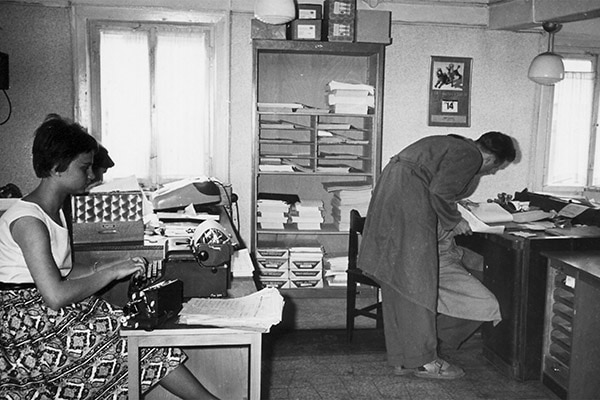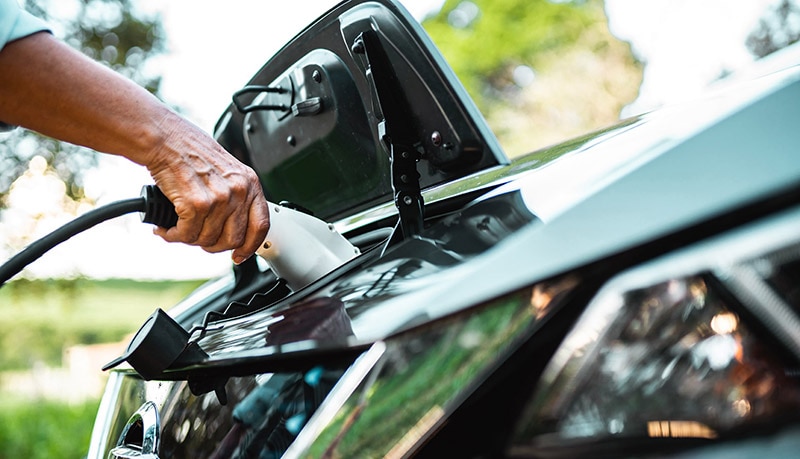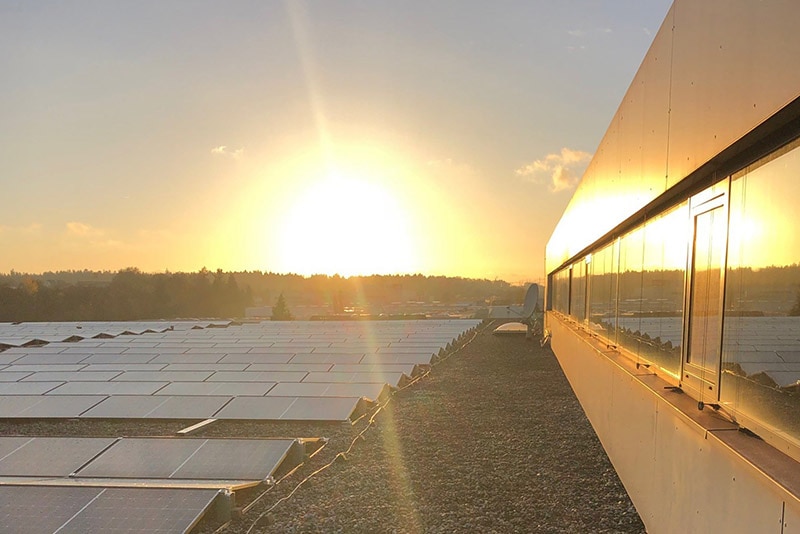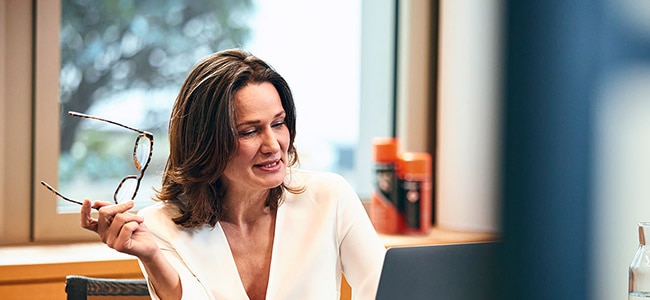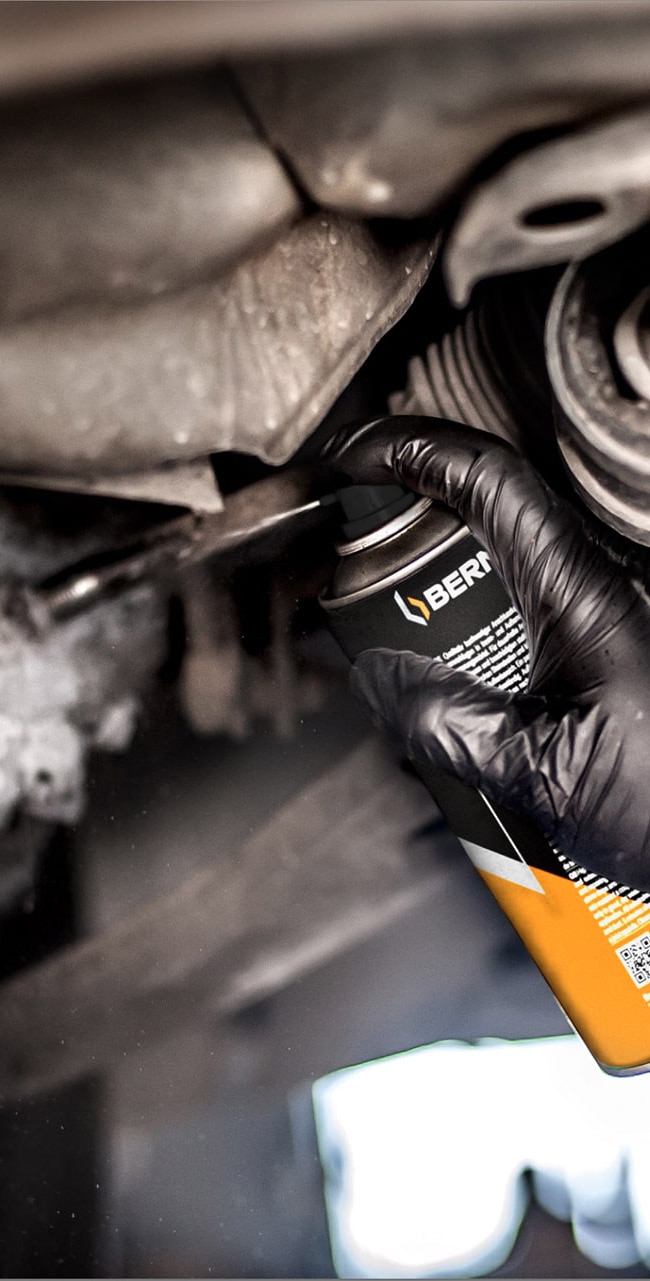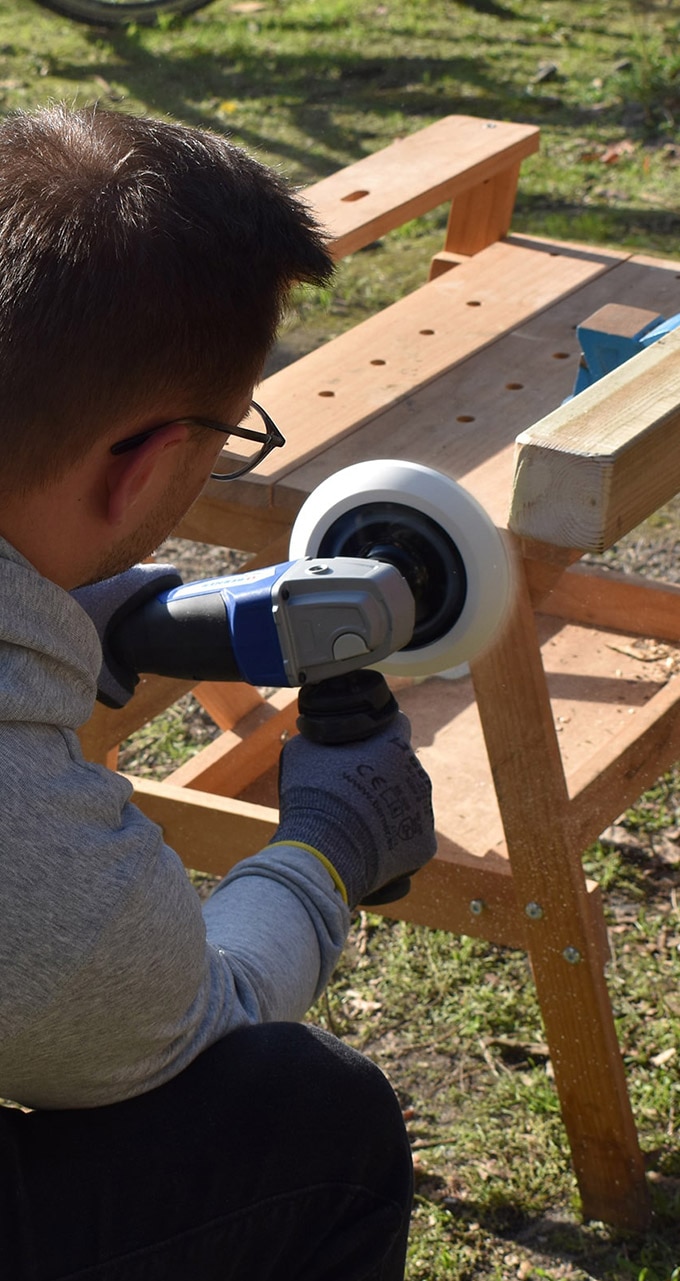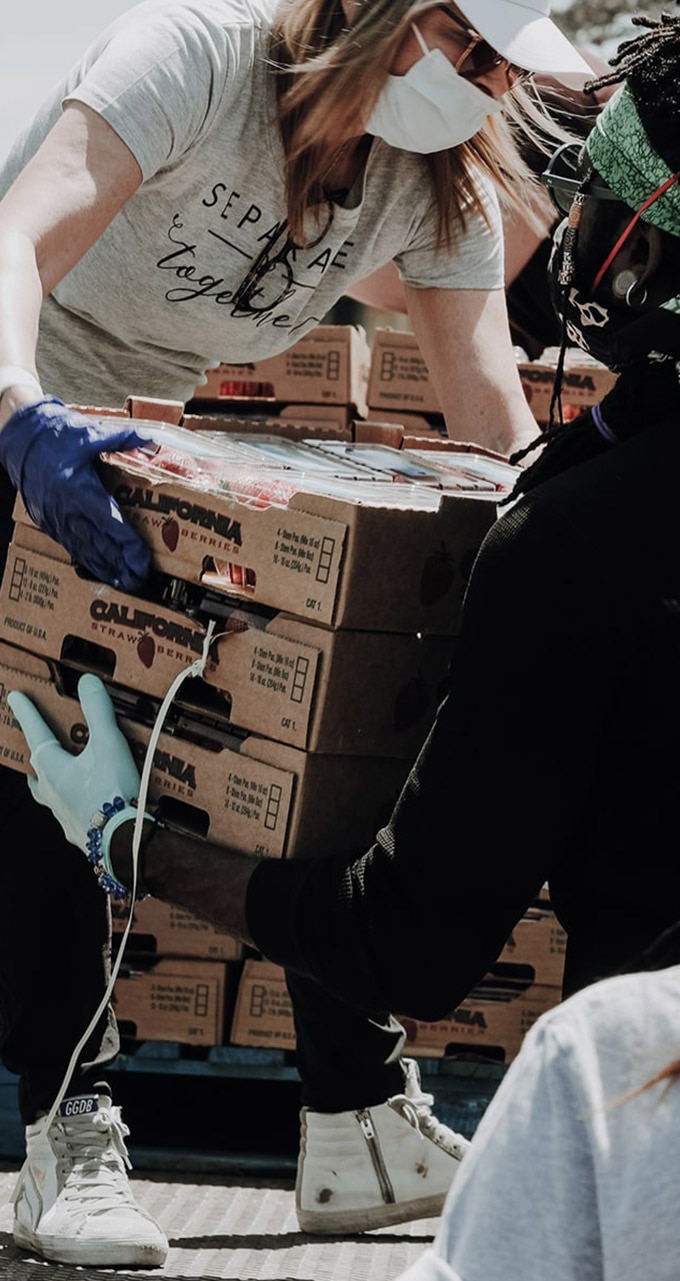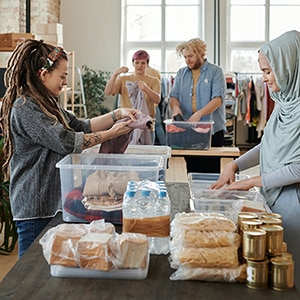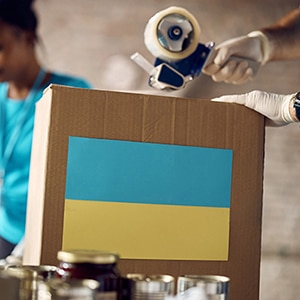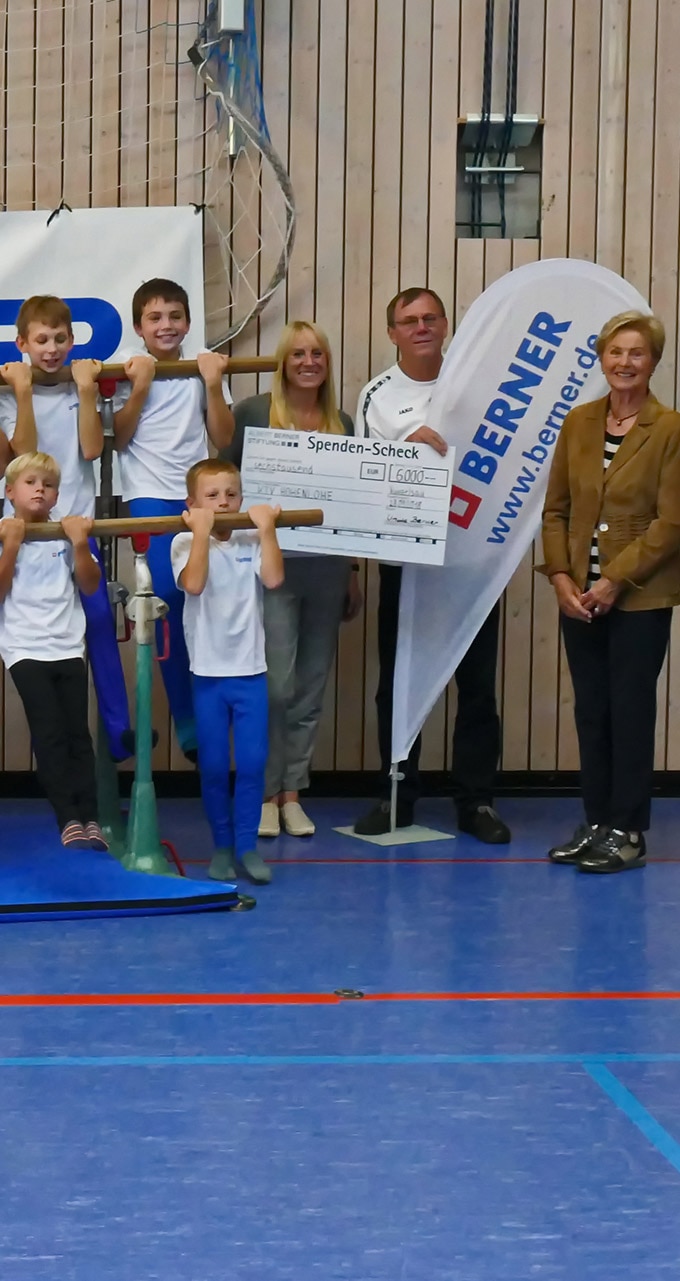
Our world as it is today
As a society, we are facing major challenges. However, contrary to many people's believes, overall, we are doing better than ever before. We have less poverty, better education, higher prosperity - a situation that has never existed before.
All of this is a result of global trade. Industrial progress and global trade have resulted in developing countries now being home to major manufacturing and production industries. These industries create jobs and finance local development. Moreover, technological advancements have enabled us to significantly increase the efficiency of the way we trade. If, at the beginning of the 20th century, an average car consumed ~30 liters per 100 km, today it consumes less than 1/3 of that. Large computing machines, that used to consume untold amounts of energy, now run on our smartphones.
As an entrepreneur, I therefore believe in our path, in growth. I am proud that, in many parts of the world, we no longer fight wars because we have strong economic relationships. Moreover, as a European, I want to defend our leading economic position and secure prosperity. I do not want to risk Europe to become a third world country.
Commitment to take responsibility
At the same time, we must take responsibility for the negative consequences of the progress we benefit from. This means, following the original CSR approach: Earn money to sustain yourself and use it to finance sustainable, environmentally friendly, business practices, as well as a value-oriented approach to dealing with people and society.
For us, this has been part of our DNA since 1957. In particular, taking responsibility for people and the society is something that is close to our heart and that we have demonstrated through countless projects and initiatives.
However, views on the topic of environment vary greatly, while it seems so simple:
- We should consume less energy and use sustainable energy sources.
- We should produce less waste and implement sustainable recycling processes.
- We need to involve people in these efforts, instead of forcing their hand.
While topics such as waste and circularity are mostly unambiguous, one of the more controversial topics in this context is ‘energy’ or what it is often reduced to: CO emissions
A realistic approach to energy and C02
The Club of Rome announced in 1972 that we are running out of fossil resources. This has not been the case so far.
Similarly, the Treaty of Paris announced that global warming should not exceed 1.5 degrees, based on pre-industrialization figures. The cause is simple: C02 emissions are driving global warming. In April 2016 196 countries signed the Paris Agreement and committed themselves to contributing to reduce GHG emissions
We at Berner have a value called b.real – to always be honest. And because I want to be honest, I therefore have to critically question these targets:
- What does 1.5° mean?
- Is it realistic to achieve the 1.5° target?
- By when can you achieve what and how?
b.real: CO2 emissions and the 1.5° target
It is undebatable that CO2 drives global warming and there is a need to reduce emissions globally. Nevertheless, we want to b.real: a study from McKinsey shows that, while we were able to move the historical trend from 5°C by 2100 to ~3.5°C, reaching 1.5°C is unrealistic at the current pace. The world community is not able or willing to take the drastic measures required to reduce CO2. Especially developing countries are not able to reduce CO2 to the extend necessary.
To reach the 1.5 ° target extreme actions are necessary and, according to Greenpeace, would require measures such as the elimination of half of the prognosed combustion vehicle sales worldwide until 2040. Going down such a path would risk a stepwise deindustrialization and jeopardize the stability we enjoy in large parts of Europe. The downturn of industries such as construction, automotive and agriculture, which are heavy greenhouse gas emitters could lead to unemployment and reduced prosperity across Europe.
This is not a path we want to follow. We believe in setting ambitious but realistic targets and in taking people along on this journey. Moreover, we believe in a future that is not determined by prohibitions but by technology driven transformation. We must admit that, on the current path, we will breach the 1.5°C threshold, stated in the Paris Agreement, and that besides working on CO2 reductions, we also need to invest in protection against the consequences of climate change, worldwide but also here in Europe.
A path for transformation
The transformation will take time and will use both old and new technologies. Fossil resources are still extremely important for our society and will remain so for a long time. We must stay open to new technologies and be willing to use technologies that are not perfect but can be implemented quickly such as hydrogen.
Besides promoting the development of technologies to reduce CO2 emissions, we must promote and invest in technologies that work on CO2 storage and conversion.
While, as a society, we are working on these reduction and avoidance measures, we should accompany this strategy by investing in climate protection projects to reduce CO2 emissions elsewhere in the world, thereby impacting the global CO2 footprint. And there is enough money in the western world to do so.
With threats and prohibitions regarding the cars we are allowed to drive or how/where we are allowed to travel, we are losing more people on the mission than we gain. That's why we have to offer a path that people want to follow us on and which motivate them. That has always been my approach as an entrepreneur and the basis for our success.
A hopeful look ahead – decoupling of growth and emissions
At BERNER one of our corporate values is b.responsible. That is why it has been our constant pursuit to take responsibility. Responsibility for the society. Responsibility for the environment. But also responsibility to be honest. Responsibility for acting, even in the absence of a clear political leadership. Because we want to.
While there are many factors that paint a grim picture for a sustainable and green future, there is one statistic that sets a different, more positive scene and gives hope for a successful green economy. Data shows that, while economic growth and carbon emissions used to be directly coupled, for some countries, that is changing. In those countries economic growth is realized, while emissions fall and even though it might be a long way to go, this is a path we should set our sight on.
Personally, I believe there is a way for all of us to contribute to a socially as well as environmentally sustainable future without harming the progress we have made as a society and a global economy. For us at BERNER, that means being critical and thinking ahead to create real change, one step at a time.










